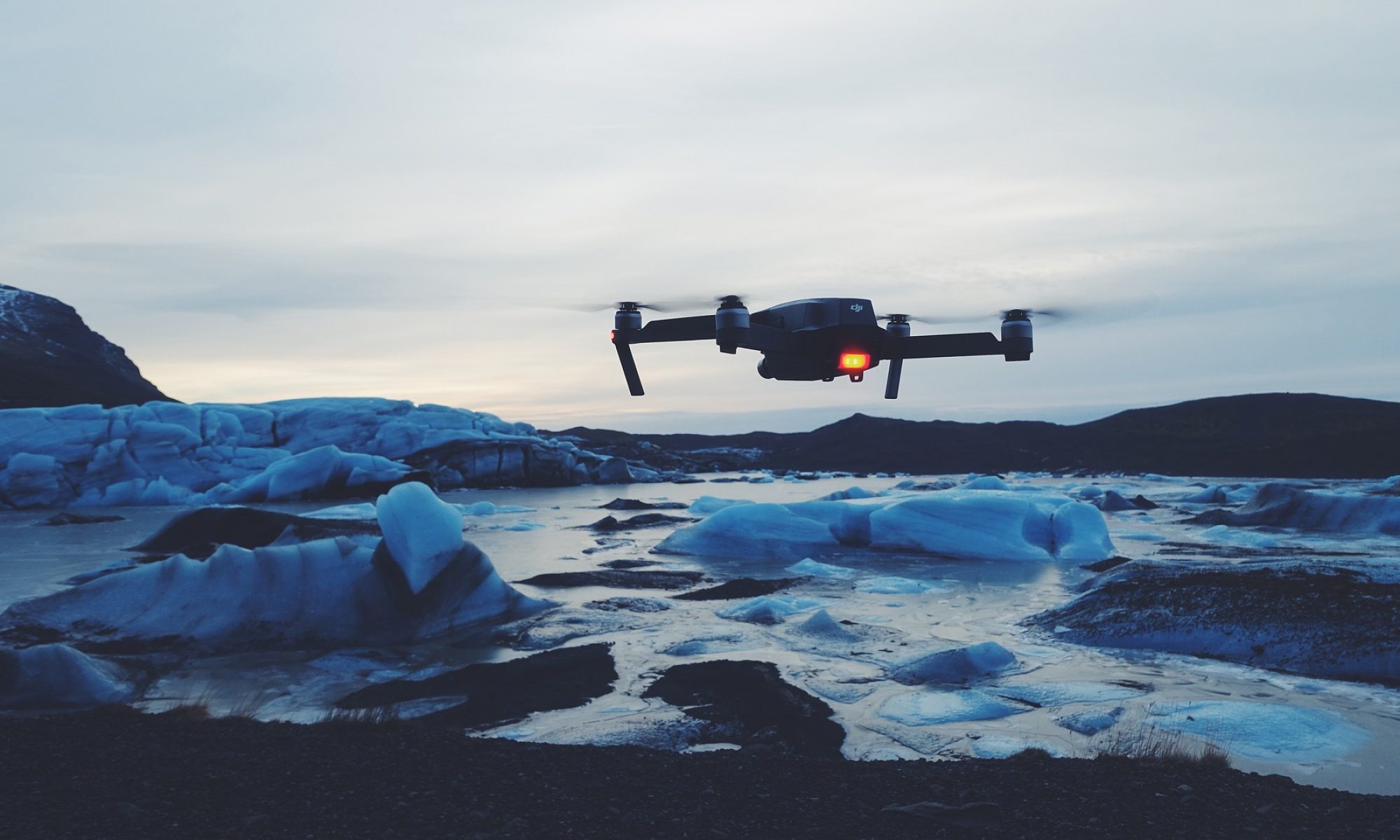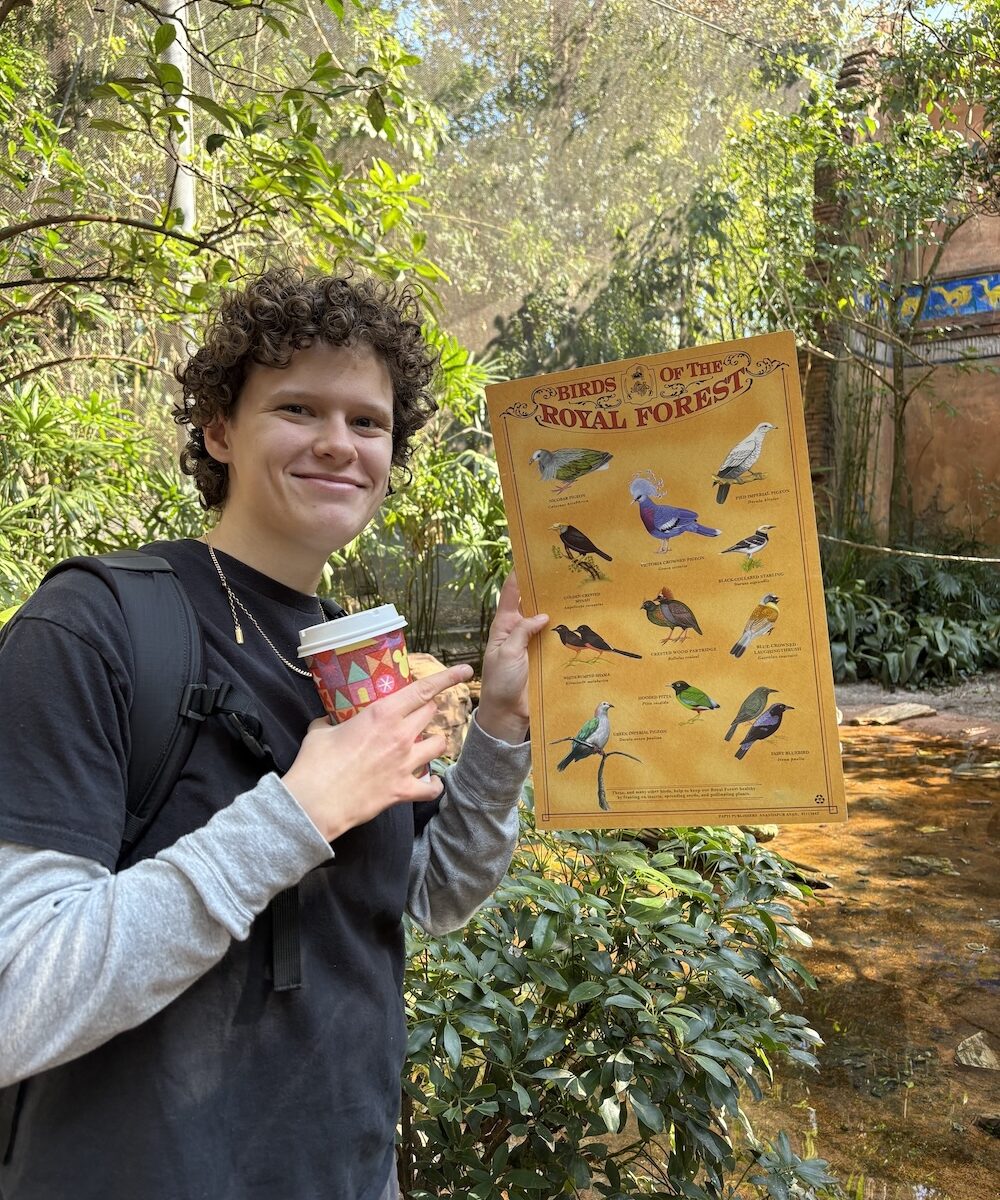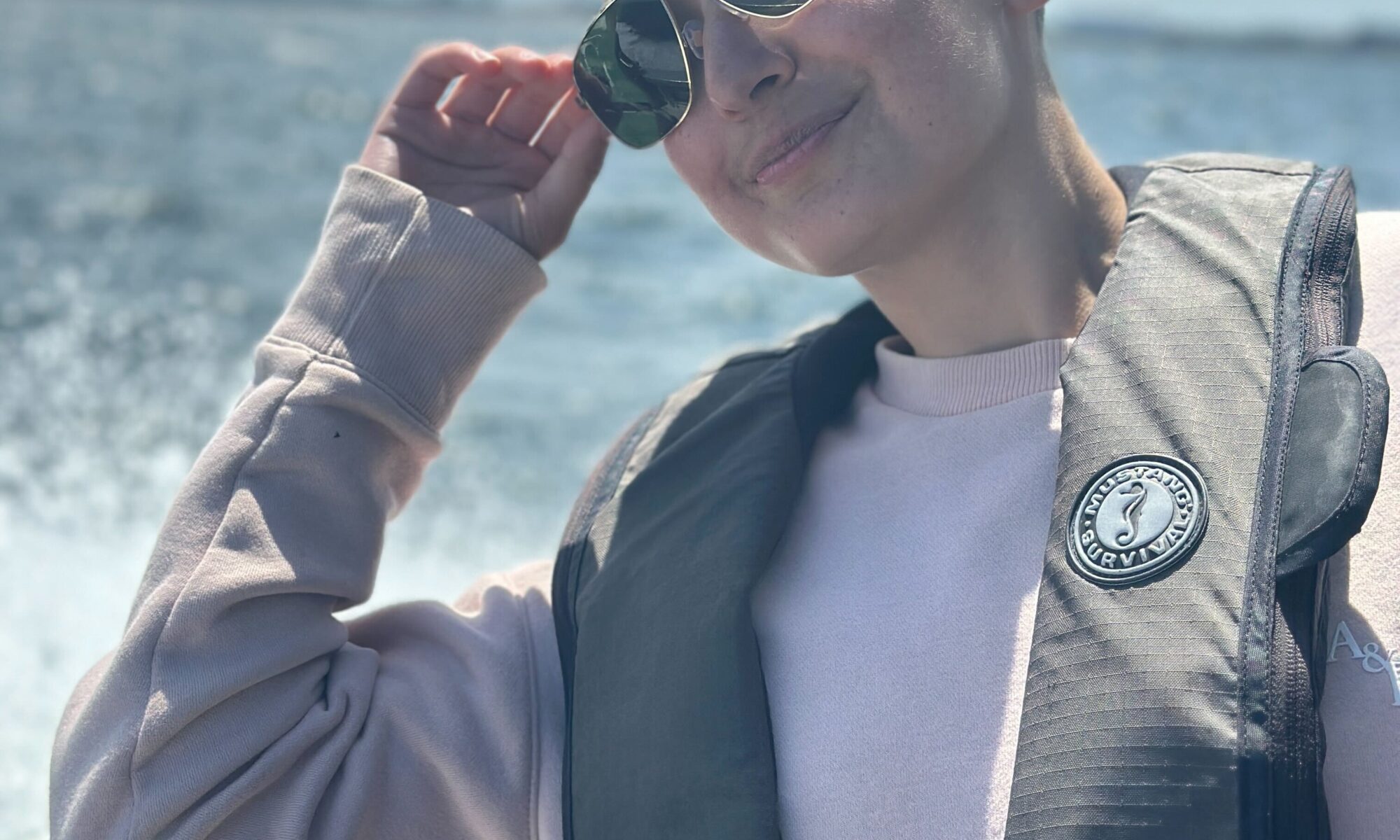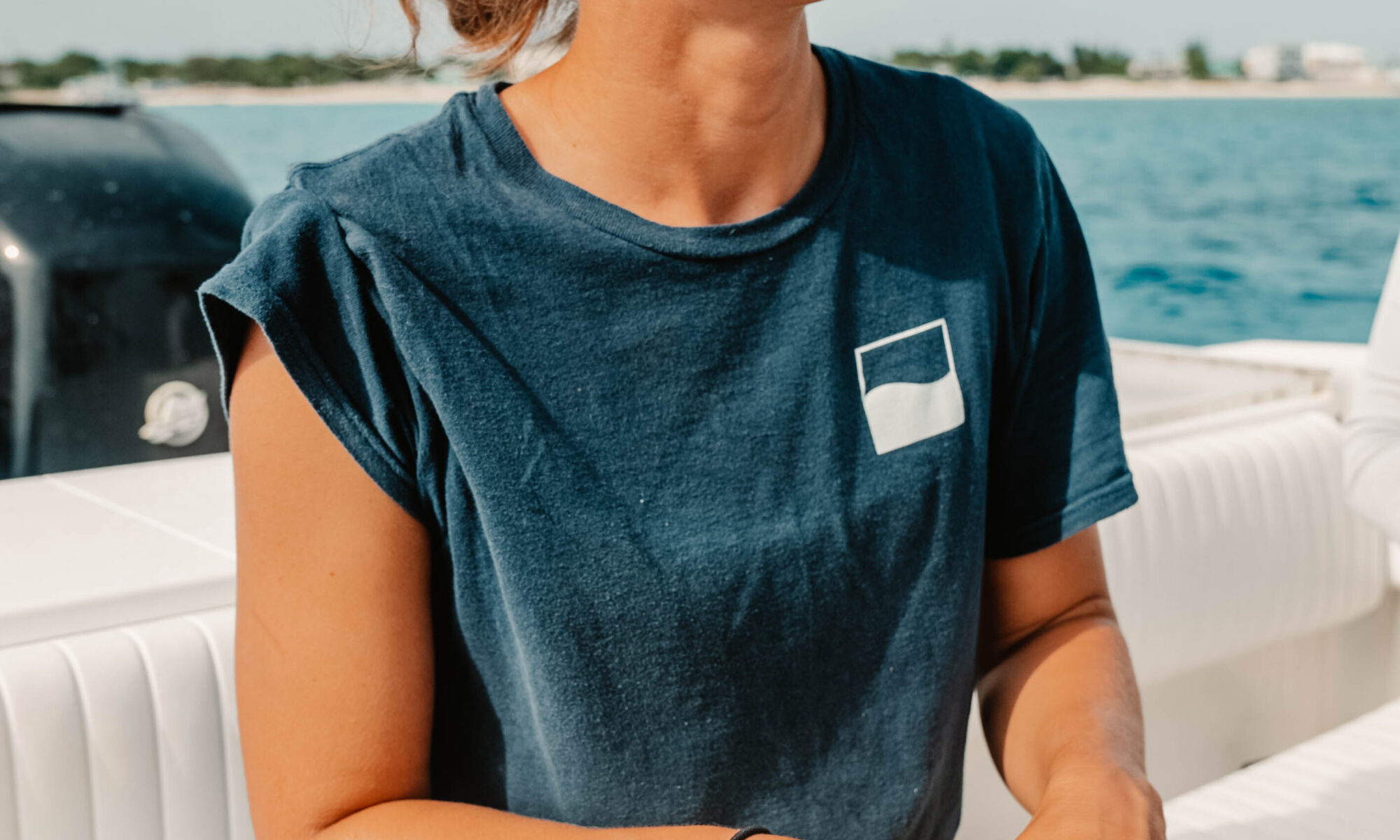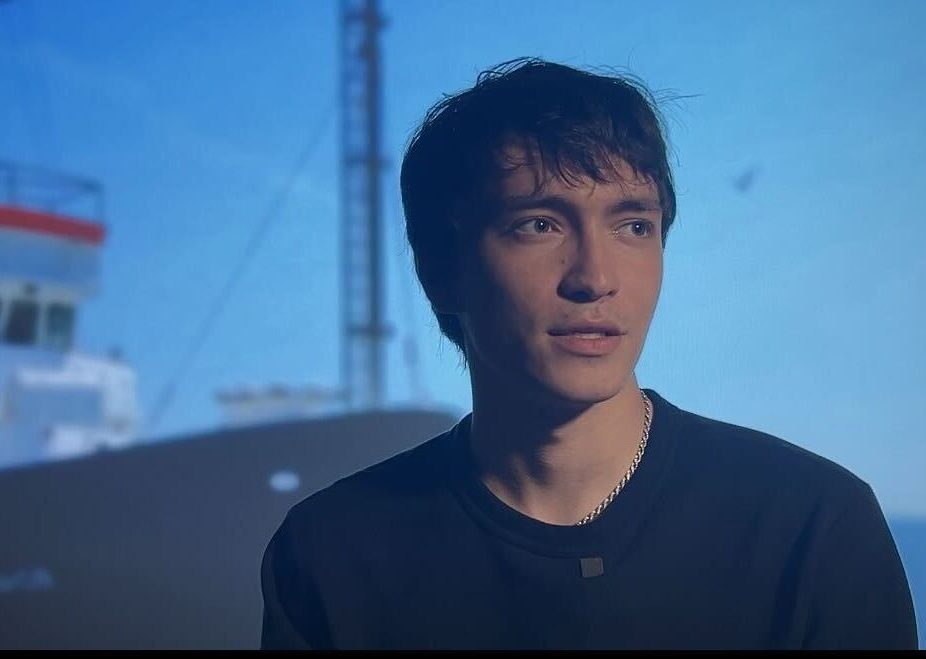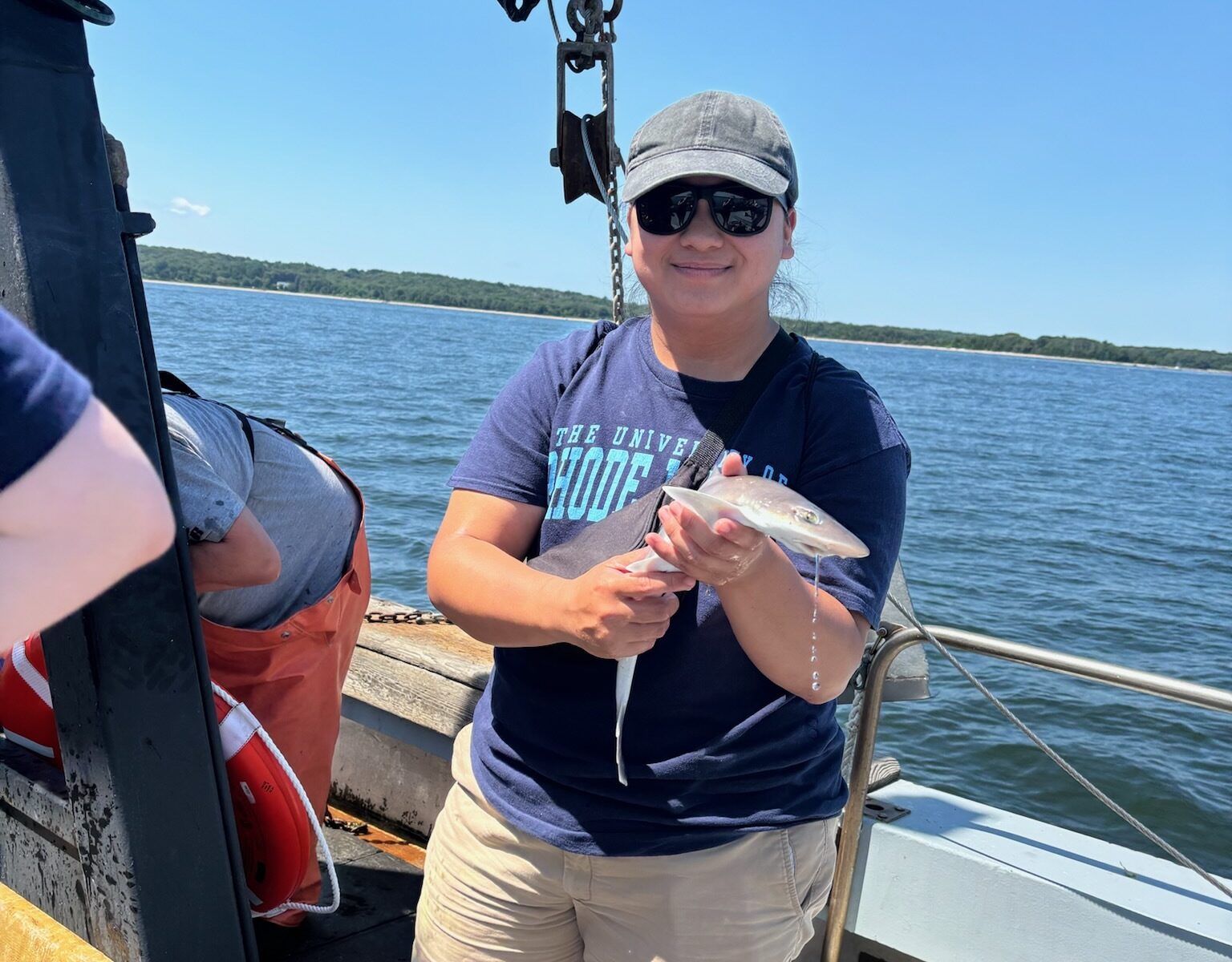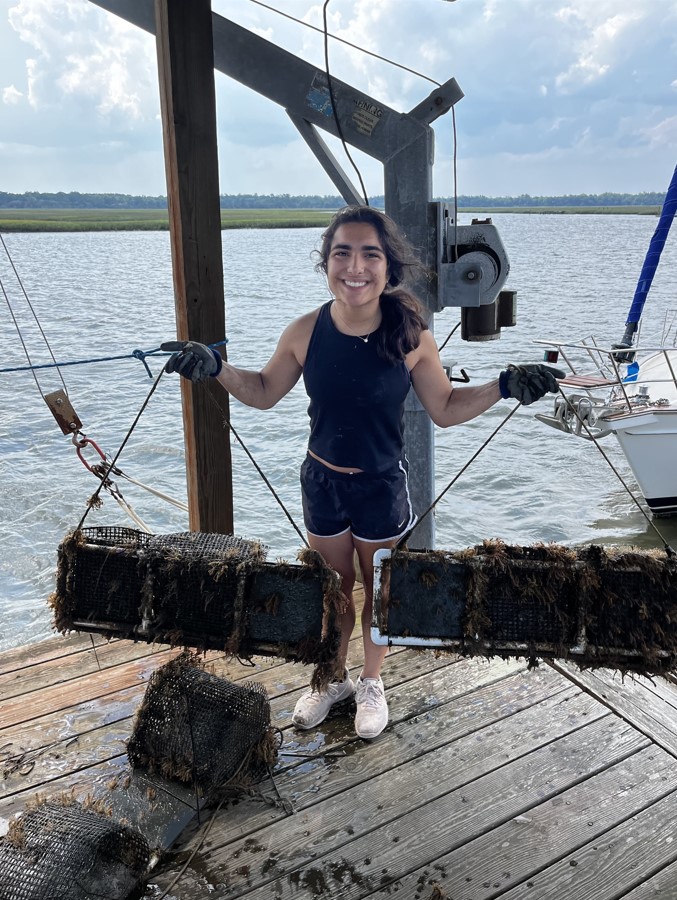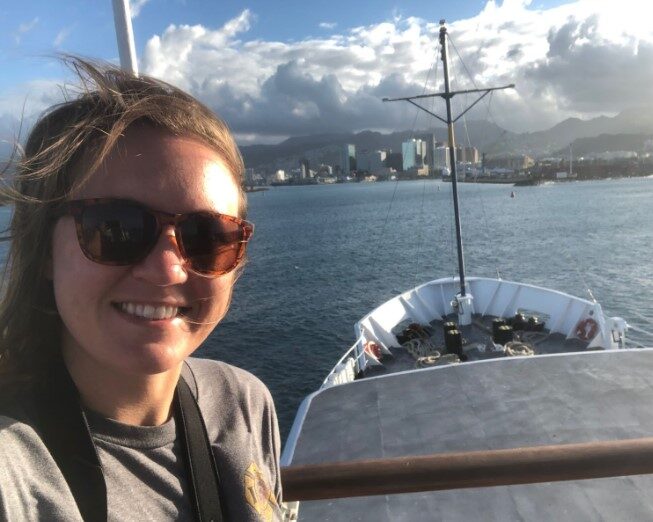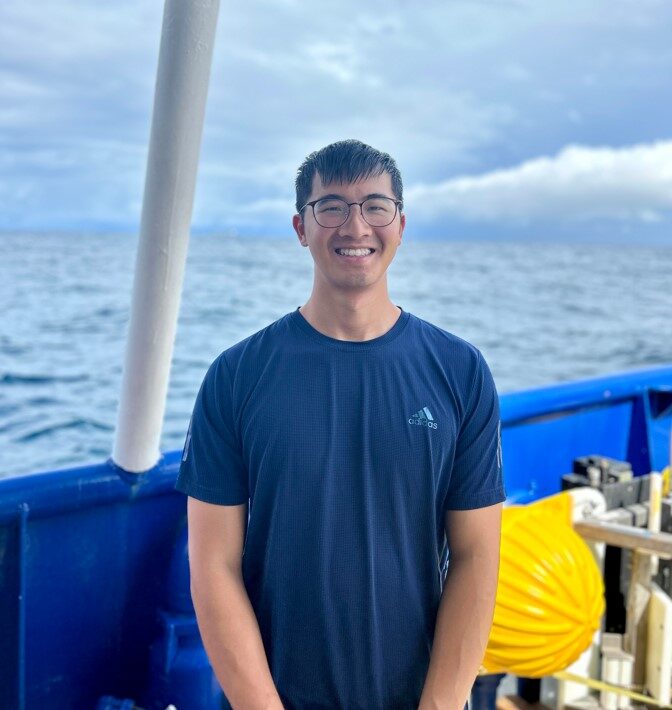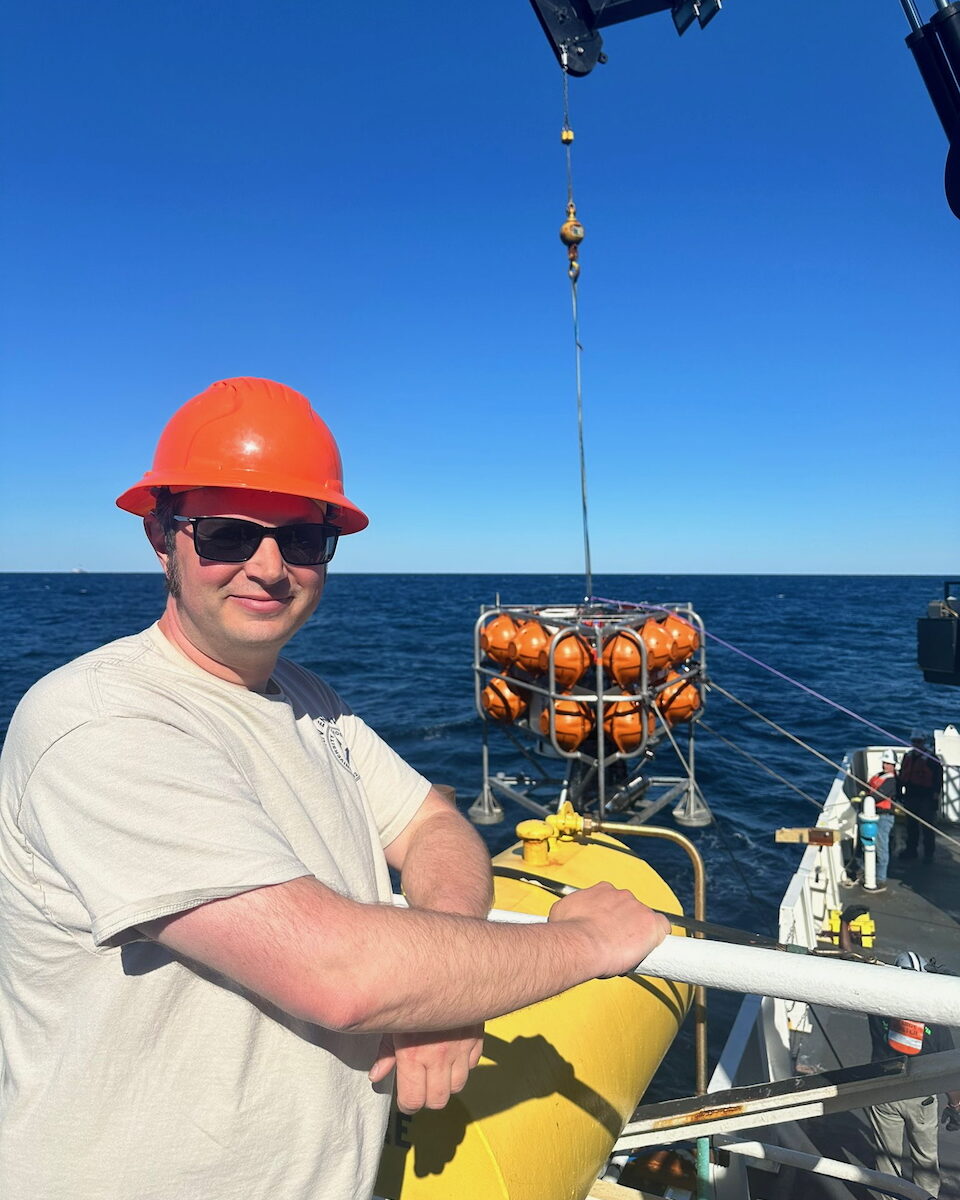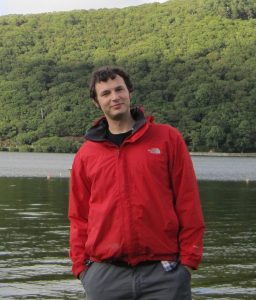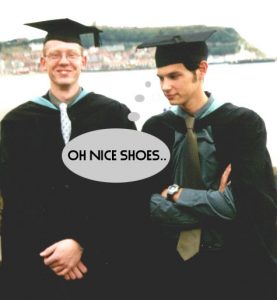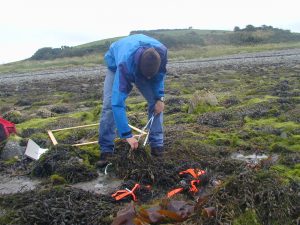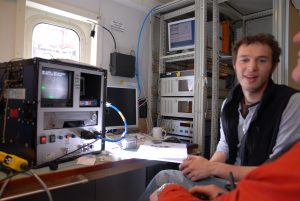What made you decide to go into marine science?
I fell into marine science almost by accident. I spent most of my time in undergrad thinking that I would be an organic chemist – my research for three years involved the synthesis of novel nucleosides to aid in drug delivery. With my senior thesis I decided that I wanted to try something a little bit different and expand my knowledge in other areas of chemistry. I researched the efficacy of fin clips as a non-lethal monitoring method for mercury in Hudson River fish and almost immediately fell in love with environmental chemistry. After graduation I had the opportunity to work with the U.S. EPA looking at emerging contaminants and have ever since been enthralled with the field of marine science.
What is the focus of your research/work? What do you think is the most important takeaway from your research?
My research broadly focuses on microplastic pollution in the Narragansett Bay. With my work, I hope to be able to identify major sources of microplastics to the Bay and continue to develop methodologies that can unify and advance research whether that be through field sampling methods or analytical techniques. For me, the most important takeaway from my research is that pollution, especially plastic pollution, effects everyone, although it often disproportionately effects marginalized and underserved communities. Quantifying sources and sinks of this kind of pollution is incredibly important to informing policy and research that can directly serve these communities.
What is the coolest thing you’ve done through your work?
Through my work I’ve had the opportunity to work across several disciplines and collaborate with a diverse group of scientists and community partners. It’s been really valuable for me to gain experience in areas of research outside of my own focus and it’s been awesome seeing how my ideas have influenced research directions and outputs in these areas.
What is one fun fact about you?
A fun fact about me is that I was once in a one-night-only all girls punk rock band as the bass guitarist.
If you could have any superpower, what would it be and why?
Ever since I was little I’ve wanted to be able to fly. I know this is super basic, but I really loved to travel and I thought seeing the world from above was a really cool idea. And frankly, I think five-year-old MC had a great point with that.
